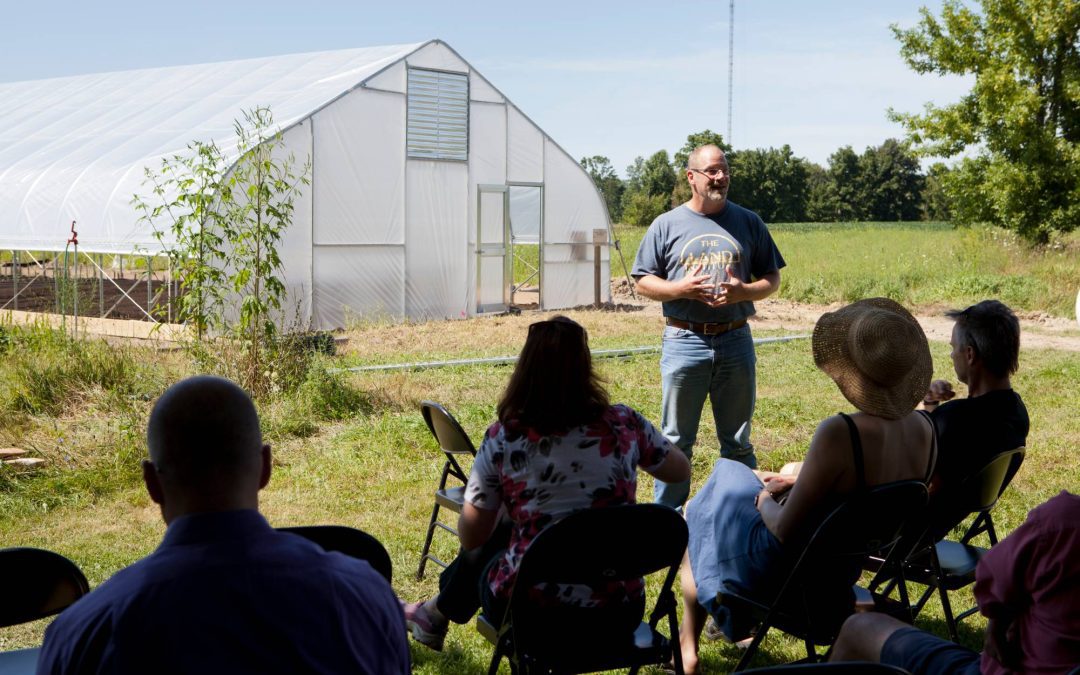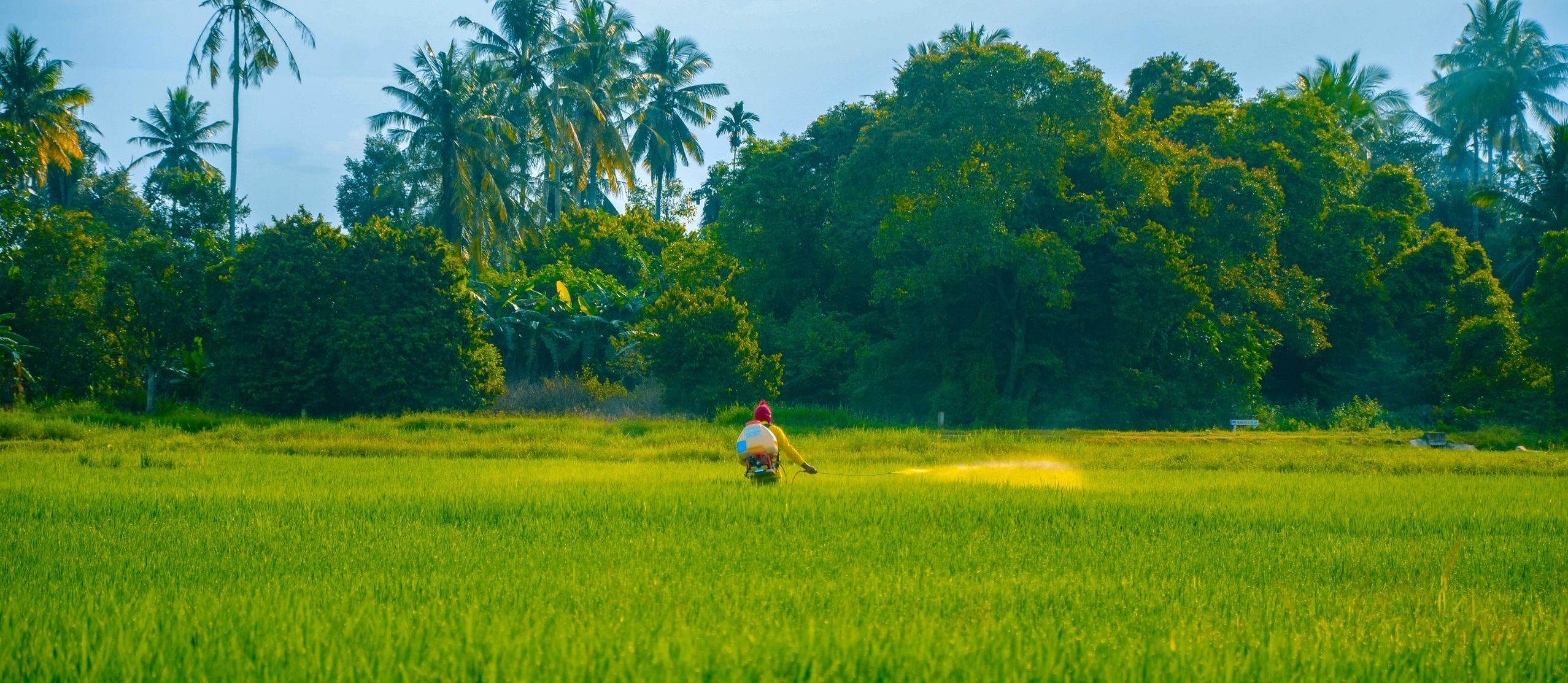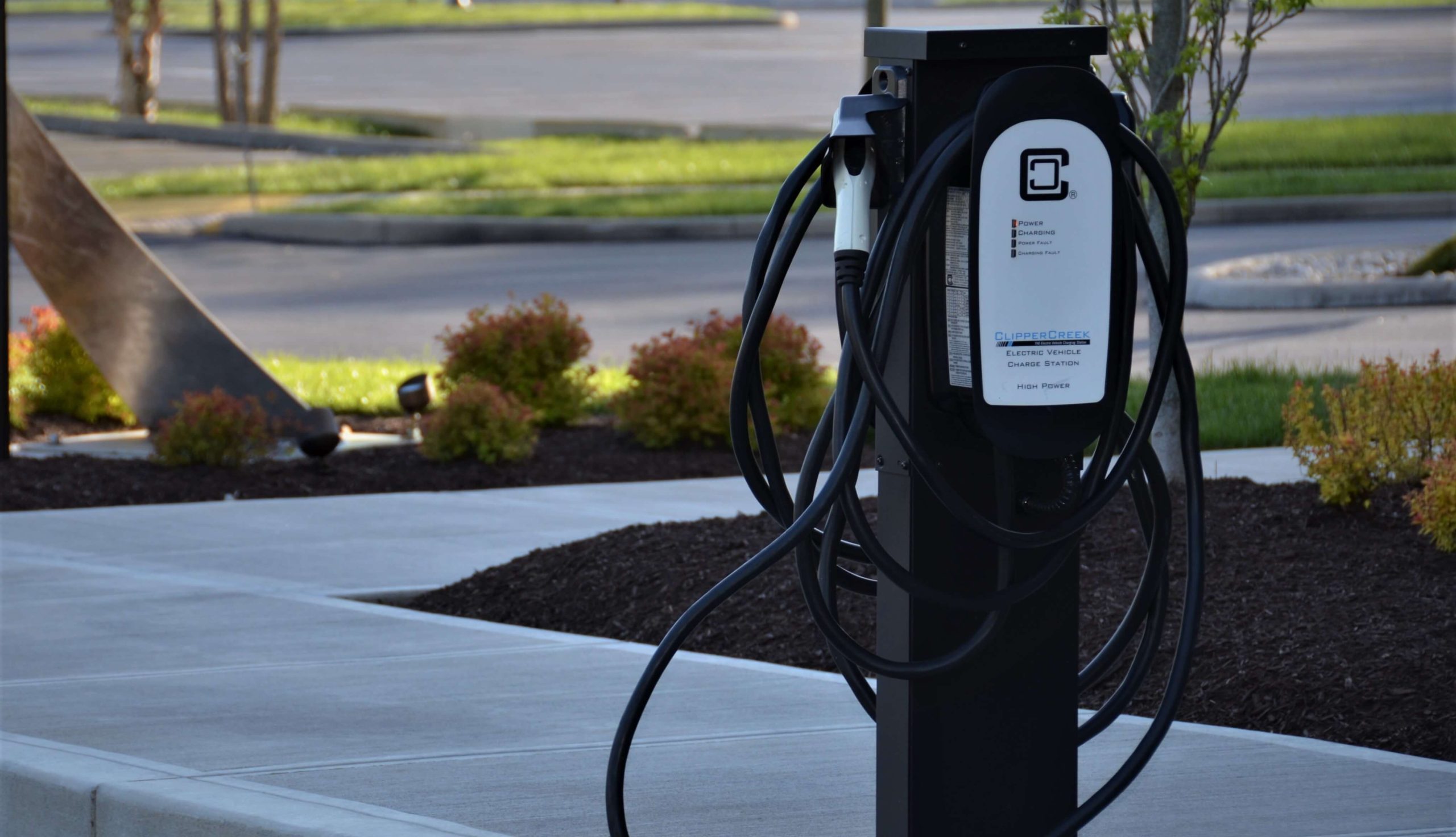The world of ecological agriculture is vast and ever-evolving, with new techniques, technologies, and insights emerging continuously. To keep pace with these developments and promote the widespread adoption of sustainable farming practices, peer-to-peer learning is an invaluable approach. By fostering collaborative communities and facilitating the exchange of knowledge, peer-to-peer learning empowers farmers to work together toward a greener and more resilient future.
The Power of Peer-to-Peer Learning
Peer-to-peer learning is an educational approach that emphasizes the sharing of knowledge, skills, and experiences among individuals with a common interest or goal. In the context of ecological agriculture, peer-to-peer learning can:
1. Accelerate the dissemination of best practices and innovative solutions.
2. Facilitate knowledge exchange across diverse contexts and geographies.
3. Empower farmers to adapt and adopt new techniques based on their unique needs and environments.
4. Build supportive networks that foster collaboration and problem-solving.
5. Encourage lifelong learning and continuous improvement in agricultural practices.
Examples of Peer-to-Peer Learning Initiatives in Ecological Agriculture
• Farmer Field Schools (FFS): Farmer Field Schools are participatory, hands-on learning experiences that bring farmers together to explore ecological farming techniques, experiment with new practices, and share knowledge. FFS programs have been implemented worldwide, focusing on various topics such as integrated pest management and agroecology. Learn more at the Global Farmer Field School Platform
• Permaculture Design Courses (PDC): These intensive courses provide a comprehensive introduction to permaculture principles and practices, often featuring peer-to-peer learning components like group projects, workshops, and site visits. Many organizations offer PDCs both in-person and online, such as the Permaculture Association
• The Savory Institute’s Holistic Management Network: The Savory Institute promotes holistic management, a regenerative grazing approach that improves land health and productivity. Their global network of Hubs offers training, support, and resources to farmers and land managers, fostering peer-to-peer learning and collaboration. Visit Savory.Global
• World Wide Opportunities on Organic Farms (WWOOF): WWOOF connects volunteers with organic farmers, facilitating hands-on learning experiences and cultural exchange. Participants gain practical skills and knowledge while contributing to sustainable agriculture projects. Learn more at WWOOF

Cultivating a Culture of Collaboration
To nurture the growth of peer-to-peer learning communities in ecological agriculture, stakeholders must:
• Provide resources and support: Funding, training materials, and access to experts can help foster the development of peer-to-peer learning initiatives.
• Encourage participation: Incentivizing farmers and organizations to engage in peer-to-peer learning through recognition, networking opportunities, and other benefits can help build momentum.
• Facilitate knowledge sharing: Platforms and tools that enable easy exchange of information, such as online forums, webinars, and social media, can help strengthen peer-to-peer learning networks.
Peer-to-peer learning is a powerful tool for fostering collaborative communities in ecological agriculture, enabling farmers to share knowledge, adapt to new challenges, and work together toward a more sustainable future. By investing in peer-to-peer learning initiatives and creating a culture of collaboration, we can empower the next generation of eco-farmers to lead the way in building resilient and regenerative food systems.








